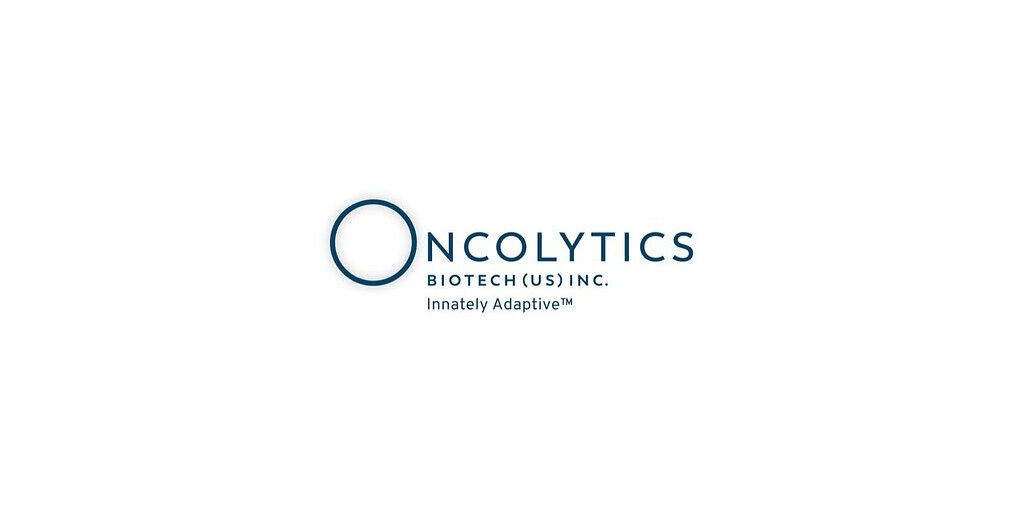
Oncolytics’ Pelareorep Gains FDA Alignment, Sparking Hope for Pancreatic Cancer Patients
A pivotal Phase 3 trial for Oncolytics Biotech’s immunotherapy, pelareorep, has received FDA alignment, offering a potential new weapon against one of the most aggressive cancers. The move signals progress in converting ‘cold’ tumors into those receptive to immunotherapy.
Oncolytics’ Pelareorep Gains FDA Alignment, Sparking Hope for Pancreatic Cancer Patients
NEW YORK, NY – November 19, 2025
A Turning Point for Pancreatic Cancer Treatment?
Oncolytics Biotech Inc. announced today that it has reached alignment with the Food and Drug Administration (FDA) on the design of a pivotal Phase 3 trial evaluating pelareorep, its novel immunotherapy, in first-line metastatic pancreatic ductal adenocarcinoma (mPDAC). This agreement marks a significant milestone for the company and, potentially, for patients battling a cancer notoriously resistant to treatment. While current therapies offer limited efficacy and often come with debilitating side effects, pelareorep's unique approach – aiming to stimulate the immune system to recognize and attack cancer cells – offers a glimmer of hope in a field desperately needing innovation.
Understanding Pelareorep’s Mechanism of Action
Pelareorep isn’t a traditional immunotherapy. It’s an oncolytic reovirus – a naturally occurring virus that selectively infects and destroys cancer cells while simultaneously activating the immune system. “The beauty of this approach is that it doesn’t rely on the cancer already having an active immune response,” explains a leading oncologist specializing in pancreatic cancer, who requested anonymity. “It’s about converting ‘cold’ tumors, which are invisible to the immune system, into ‘hot’ tumors that are primed for attack.”
The virus replicates within cancer cells, leading to their lysis (bursting) and release of tumor antigens. This triggers an inflammatory response, attracting immune cells to the tumor microenvironment and activating both innate and adaptive immunity. Furthermore, pelareorep has been shown to upregulate the expression of PD-1 and PD-L1, potentially enhancing the effectiveness of checkpoint inhibitors when used in combination. This dual mechanism – direct oncolysis and immune stimulation – positions pelareorep as a potentially synergistic partner for existing and emerging cancer therapies.
Navigating a Challenging Landscape
Pancreatic cancer remains one of the deadliest forms of the disease, with a five-year survival rate hovering around 12%. The aggressive nature of the cancer, coupled with its resistance to chemotherapy and immunotherapy, presents a significant clinical challenge. Current treatment options typically involve surgery (when possible), chemotherapy, and radiation therapy, but these often provide only modest improvements in survival.
The recent FDA alignment focuses on a Phase 3 trial combining pelareorep with standard chemotherapy (gemcitabine and nab-paclitaxel) and, optionally, a checkpoint inhibitor. This flexibility allows researchers to explore the potential synergistic effects of combining pelareorep with different immunotherapeutic agents. “The FDA’s willingness to work with Oncolytics on this trial design suggests they see the potential of this approach,” notes a biotech analyst specializing in oncology. “It’s not just about adding another drug to the mix; it’s about fundamentally changing the way the immune system interacts with pancreatic cancer.”
Competition and Potential Hurdles
While pelareorep’s mechanism of action is promising, Oncolytics faces competition from other companies developing novel therapies for pancreatic cancer. Several immunotherapy approaches, including cancer vaccines and CAR T-cell therapies, are in various stages of clinical development. Additionally, targeted therapies focused on specific genetic mutations present in pancreatic cancer are also gaining traction.
One significant hurdle will be demonstrating a clinically meaningful improvement in overall survival. The FDA has historically required robust evidence of survival benefit for new therapies in pancreatic cancer, given the limited efficacy of existing treatments. While progression-free survival and objective response rate can be valuable endpoints, they are often not sufficient for full approval. Furthermore, ensuring that the trial population is representative of the broader pancreatic cancer patient population – including patients with different performance statuses and comorbidities – will be crucial for demonstrating the real-world impact of pelareorep. Another challenge for Oncolytics will be its financial position. Bringing a drug to market is an expensive undertaking, and the company will need to secure additional funding to support the Phase 3 trial and, potentially, commercialization.
The Phase 3 trial will enroll patients with first-line metastatic pancreatic ductal adenocarcinoma. The primary endpoint is overall survival, with secondary endpoints including progression-free survival and objective response rate. The flexibility to include or exclude a checkpoint inhibitor will allow researchers to assess the potential synergistic effects of combining pelareorep with different immunotherapeutic agents. “This trial is well-designed and addresses many of the challenges associated with evaluating new therapies in pancreatic cancer,” says the leading oncologist. “It will be a critical test of whether pelareorep can truly make a difference for patients battling this devastating disease.”
Oncolytics is also actively investigating pelareorep in other cancer types, including breast cancer, where promising Phase 2 data have been reported. The company is pursuing Fast Track designation for pelareorep in both pancreatic and breast cancers, which could expedite the review process if the Phase 3 trial is successful.
